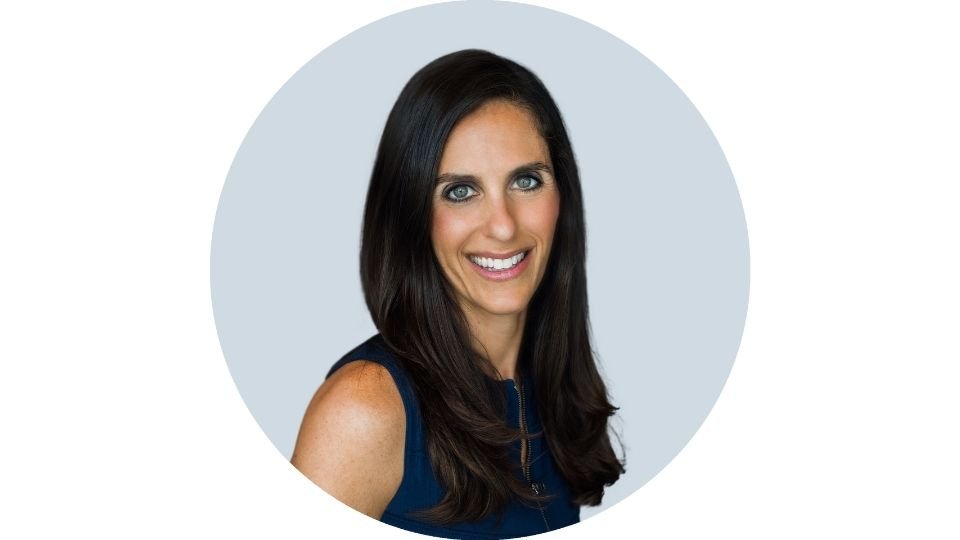What are Voice Disorders?
What are Voice Disorders?
A voice disorder is an abnormality in the volume or quality of an individual’s voice that leads to a change in the way the voice sounds. A voice can be too quiet, too loud, or hoarse and breathy.
What Causes a Voice Disorder?
The vocal folds are small, delicate pearly white bands of tissue located in the voice box. The vocal folds need to touch together smoothly to create a good voice. Any interference with vocal cord movement or with the smooth contact of the vocal folds can lead to a change in the sound of the voice. Some possible causes of voice disorders include:
Vocal Abuse or Misuse: Excessive screaming and shouting or talking over background noise for extended periods of time can damage the vocal folds. These behaviors can cause growths to form and alter how the voice sounds.
Nervous System Diseases: Problems such as Parkinson’s disease, Amyotrophic lateral sclerosis (ALS), stroke, brain injury, tumors, multiple sclerosis (MS), and myasthenia gravis (MG) can impact the nerves of the vocal folds causing voice changes.
Bumps, Blisters, and Growths: Extra tissue/growths such as nodules, polyps, cysts, or papilloma can form on the surfaces or edges of the vocal folds. This stops the vocal folds from touching together smoothly, which can change the sound of the voice. There are many causes of growth in the vocal folds. Some may include illness, injury, cancer, and vocal abuse.
Irritants: Vocal fold inflammation and swelling can come from irritants such as gastroesophageal reflux disease (GERD), allergies, drinking alcohol, smoking, vocal abuse/overuse, etc. The irritation and swelling can cause unwanted vocal changes.
How To Know If You Have a Voice Disorder?
If an abnormal change in the voice has lasted longer than two weeks, then it may be wise to meet with an otolaryngologist. This doctor is more commonly known as an ear, nose, and throat (ENT) doctor. An ENT doctor can determine the cause of the voice disorder. The ENT doctor may recommend voice therapy. Voice therapy involves treatment exercises designed to improve the quality and loudness of the voice.
How is a Voice Disorder Treated?
There are many different treatment options, and each depends on what is causing the voice disorder. Voice therapy and vocal hygiene are two ways to heal the voice. A speech-language pathologist who specializes in voice therapy can help with certain voice disorders.
The first step in voice therapy is to learn how to take good care of the voice. This is known as vocal hygiene. Good vocal hygiene is essential in optimizing the volume and quality of the voice. Vocal hygiene recommendations can include staying well hydrated, avoiding coughing and throat clearing, limiting caffeine intake, and exposure to inhaled irritants such as smoke. Yelling or screaming should be avoided. Voice therapy is a behavioral intervention technique that involves vocal exercises and learning how to use your voice in new ways.
Connected Speech Pathology provides both voice therapy services for adults and voice therapy services for children.
About the Author
Allison Geller is a communication coach, speech-language pathologist, and founder of Connected Speech Pathology, an international online practice providing professional communication coaching and speech therapy for children, teens, and adults. With more than two decades of experience, she has worked in medical and educational settings, published research on aphasia, and leads a team of specialists helping clients improve skills in public speaking, vocal presence, accent clarity, articulation, language, fluency, and interpersonal communication.
If you would like to learn more about how we can help you improve the way your voice sounds or if you are ready to schedule a meeting with a voice therapist, contact us!


